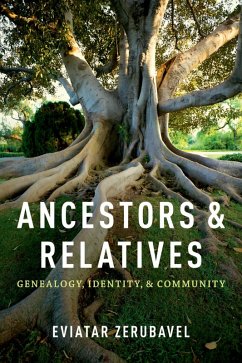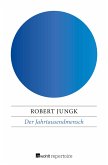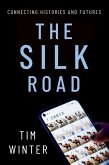Genealogy has long been one of humanity's greatest obsessions. But with the rise of genetics, and increasing media attention to it through programs like
Who Do You Think You Are? and
Faces of America, we are now told that genetic markers can definitively tell us who we are and where we came from. The problem, writes Eviatar Zerubavel, is that biology does not provide us with the full picture. After all, he asks, why do we consider Barack Obama black even though his mother was white? Why did the Nazis believe that unions of Germans and Jews would produce Jews rather than Germans? In this provocative book, he offers a fresh understanding of relatedness, showing that its social logic sometimes overrides the biological reality it supposedly reflects. In fact, rather than just biological facts, social traditions of remembering and classifying shape the way we trace our ancestors, identify our relatives, and delineate families, ethnic groups, nations, and species. Furthermore, genealogies are more than mere records of history. Drawing on a wide range of evidence, Zerubavel introduces such concepts as braiding, clipping, pasting, lumping, splitting, stretching, and pruning to shed light on how we manipulate genealogies to accommodate personal and collective agendas of inclusion and exclusion. Rather than simply find out who our ancestors were and identify our relatives, we actually construct the genealogical narratives that make them our ancestors and relatives. An eye-opening re-examination of our very notion of relatedness,
Ancestors and Relatives offers a new way of understanding family, ethnicity, nationhood, race, and humanity. "An erudite treatise about how culture drives human cognition about near and remote relatives, Ancestors and Relatives offers lay and academic audiences alike a great read."-
Science "The author examines how genealogical structures have been used to organize not only kinship, but also other domains ranging from Supreme Court justices to religions. Genealogy is 'first and foremost a way of thinking' and not simply a way to represent biological ancestor-descendant relations."-
CHOICE "In Ancestors and Relatives: Genealogy, Identity, and Community, Eviatar Zerubavel, a sociologist at Rutgers, pulls back the curtain on the genealogical obsession. Genealogies, he argues, aren't the straightforward, objective accounts of our ancestries we often presume them to be. Instead, they're heavily curated social constructions, and are as much about our values as they are about the facts of who gave birth to whom."-
The Boston Globe "Making the world seem strange is the first step to understanding it anew. Eviatar Zerubavel is a genius at doing this. Here he takes on kinship and shows us the profound, politically fraught, sometimes frightening, and often funny ways in which we take the biological fact that life creates life and fashion genealogy from it. This is a brilliant, witty, effortlessly well-informed book that anyone with ancestors or anyone who worries about ethnicity, race, and nationalism will read with pleasure and surprise."-Thomas Laqueur, University of California, Berkeley "While ancestors and relatives are genetically given, the genetics give us no clue how we should measure their relative importance to us. In this lively and well-written book, Eviatar Zerubavel avoids the aridity of technical kinship analysis and uses a personal perspective to show how humans fabricate, in the literal sense, their relatives, by a creative process of elimination and selection in the generation of rules. It is easily the most engaging introduction to kinship for the general reader that I have read, and a contribution in its own right to a wider understanding of our place in evolution."-Robin Fox, author of Kinship and Marriage and The Tribal Imagination "Kinship is a perennial staple-necessary but ordinarily dry as dust-of anthropology, sociology, and demography. In
Ancestors and Relatives, Eviatar Zerubavel makes the topic new, bringing to it an encyclopedic knowledge and a powerful sociological imagination that brings to life the deeply social and cultural ways in which we talk about, imagine, and understand our ancestors and relations. Never has kinship been more interesting and never has it been as much fun."-Paul DiMaggio, Princeton University
Dieser Download kann aus rechtlichen Gründen nur mit Rechnungsadresse in A, B, BG, CY, CZ, D, DK, EW, E, FIN, F, GR, HR, H, IRL, I, LT, L, LR, M, NL, PL, P, R, S, SLO, SK ausgeliefert werden.









